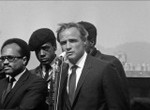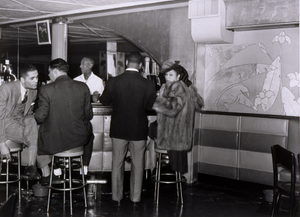Impacts of Race/Ethnicity and Self-Esteem on Body Dissatisfaction in Women
View
@ University of Mississippi Libraries
Schultz, Kristie Vail
Description
In the United States, there is a push for individuals to be of a particular size, and for women, that ideal size is extremely thin (Katzmarzyk & Davis, 2001). Overall, females indicate a greater drive for thinness and put more emphasis on weight and shape salience than do men (Anderson & Bulik, 2001), and they prefer a less muscular body type than men as well (Oehlhof, Musher-Eizenman, Neufeld, & Hauser, 2009). Among women, Caucasian females report more body dissatisfaction than do African American women (e.g., Kelly et al., 2011). Body dissatisfaction can be influenced by many factors; in addition to gender and race/ethnicity, those factors can include low self-esteem and high body mass index (Wojtowicz & von Ranson, 2012). This study further examines the relationship among the factors that potentially predict body dissatisfaction. 295 undergraduate females, from age 18 to age 25, participated in an online survey, in which five measures were administered. This study examines the relationship between body dissatisfaction and global self-esteem across ethnicities, in addition to exploring the impacts of race/ethnicity, body mass index, global self-esteem, contingent self-esteem, and need to belong on body dissatisfaction.
Text
Application/Pdf
2012 01 01 T08:00:00 Z















